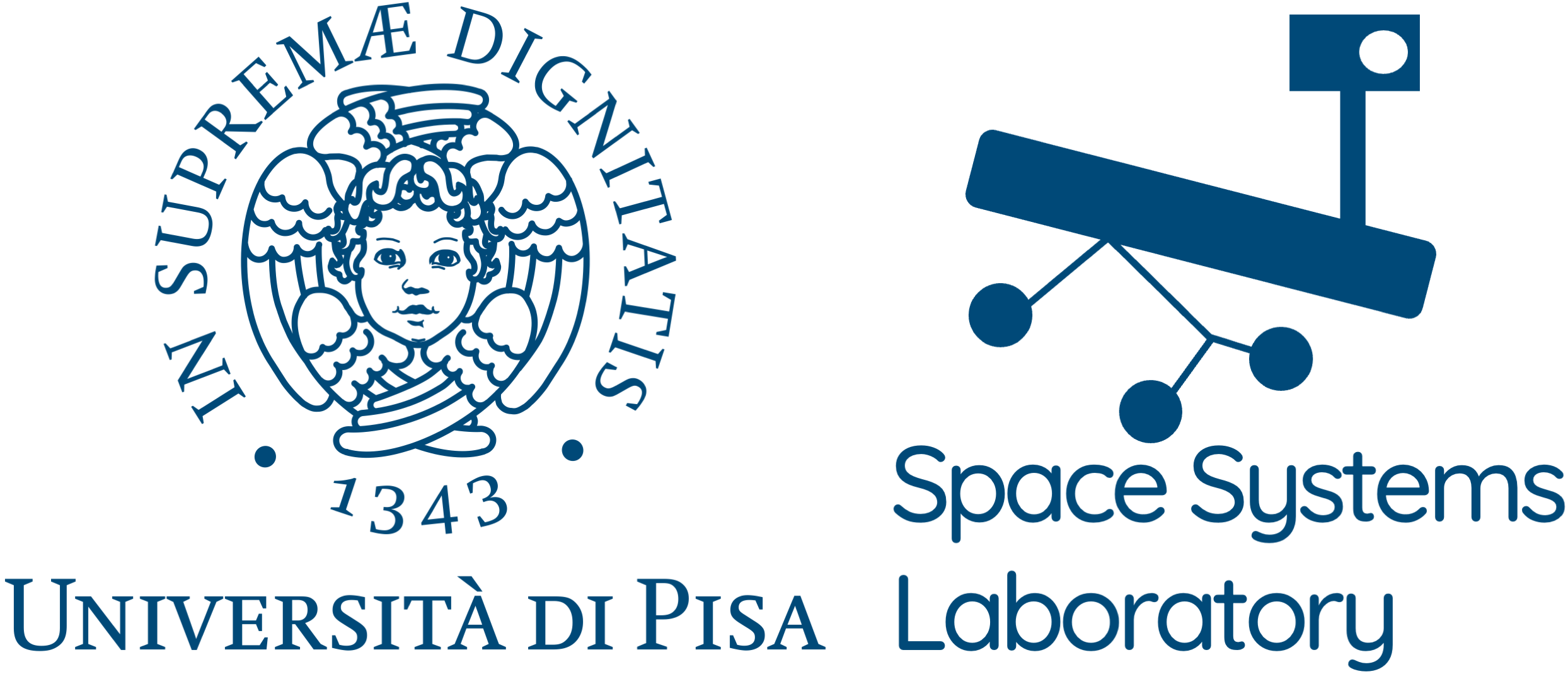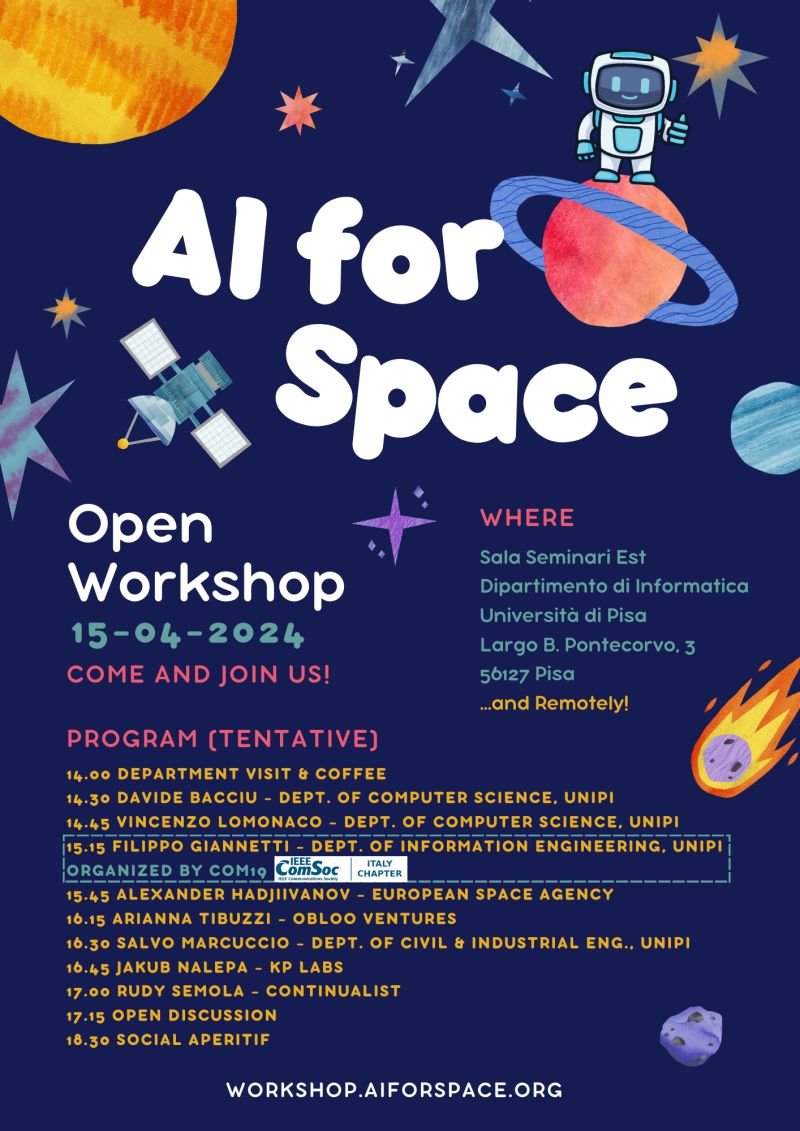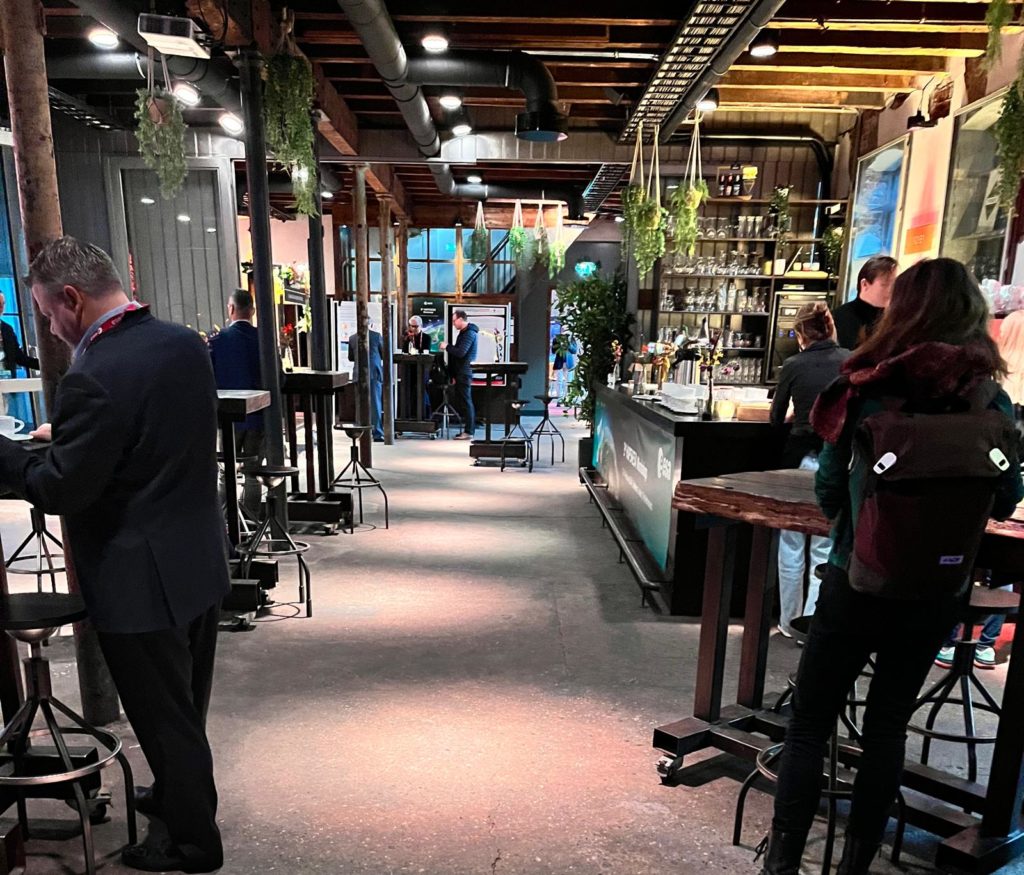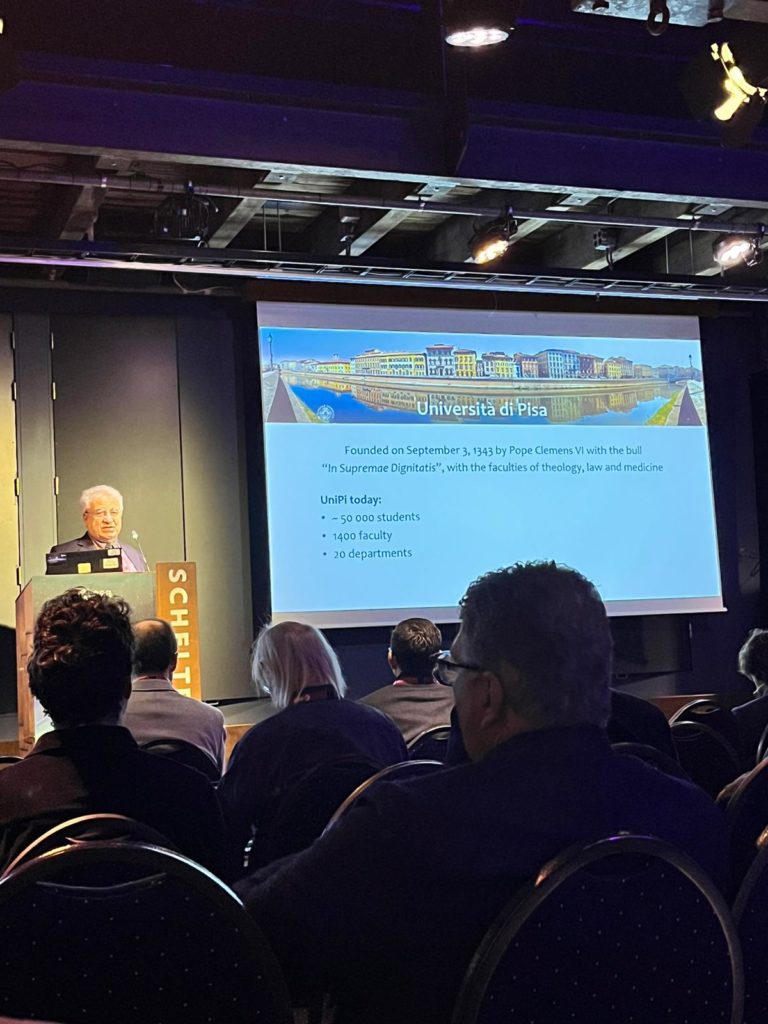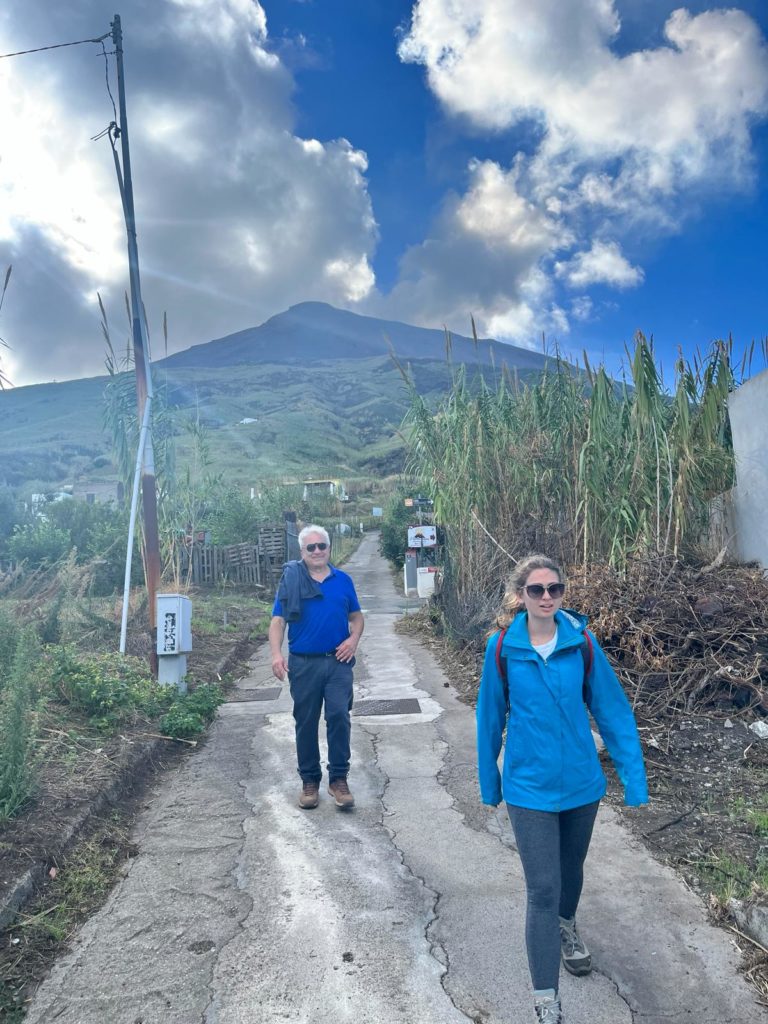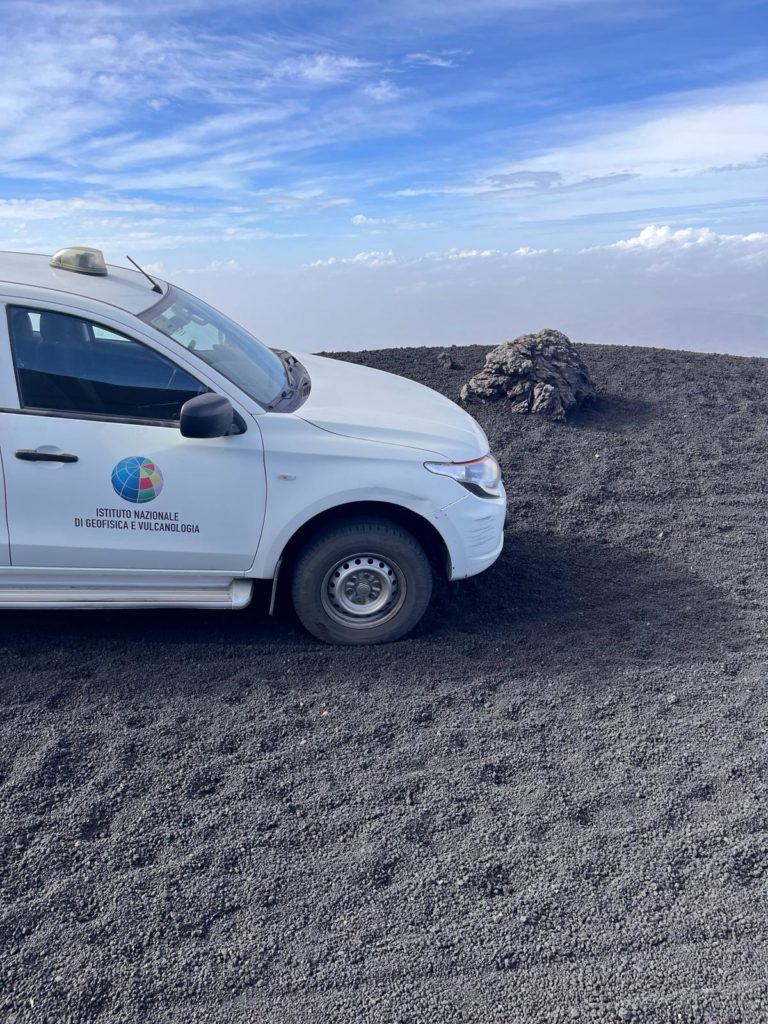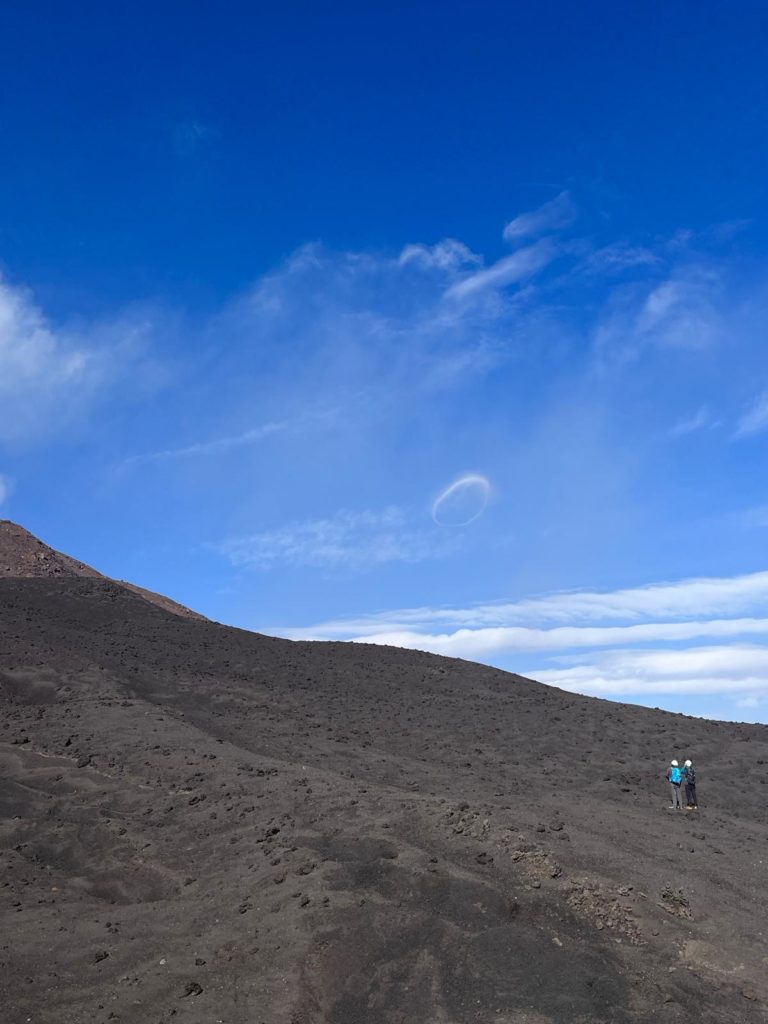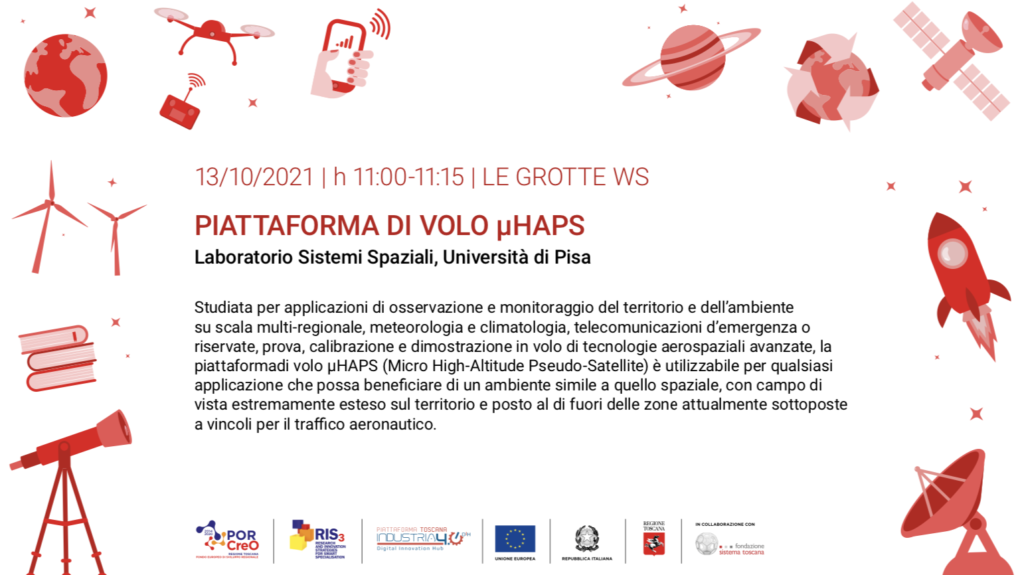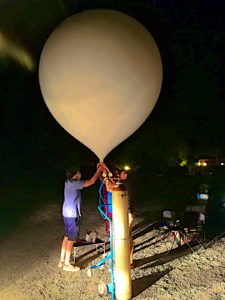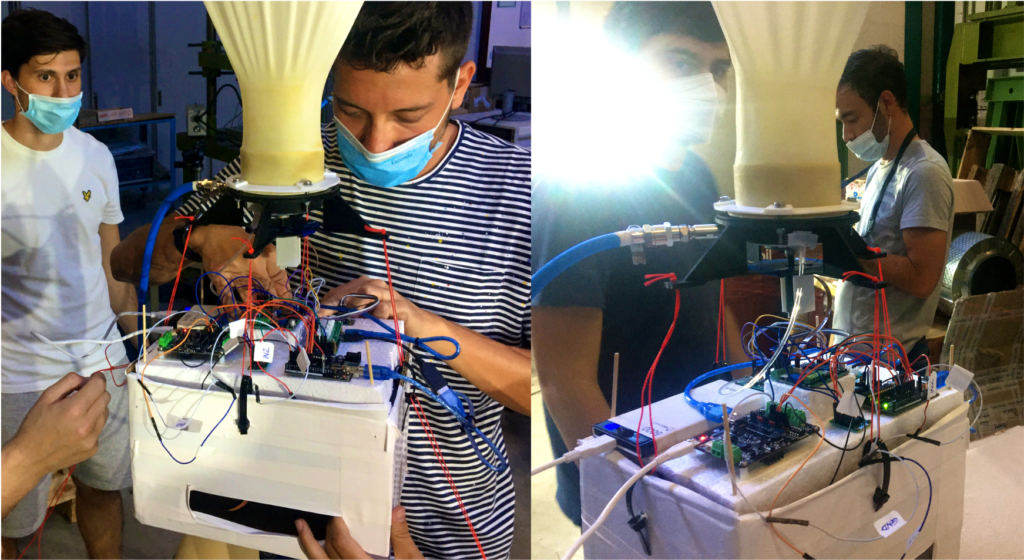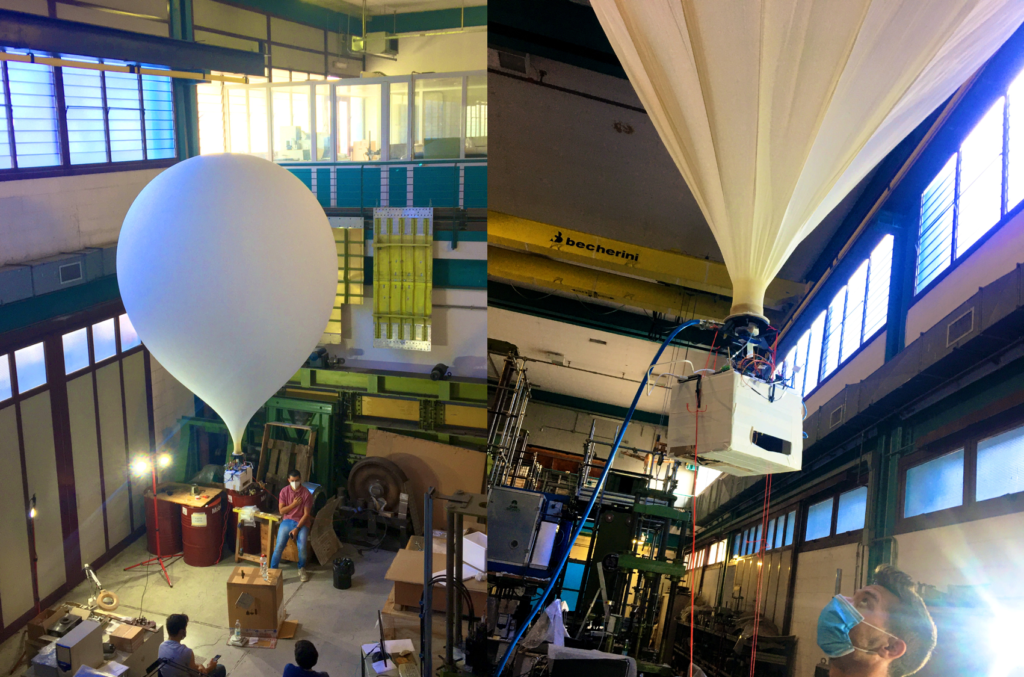We participated in this workshop organized by our colleagues of the Department of Informatics of the University of Pisa. A nice occasion to meet AI experts and to share our future vision of the implementation of AI into space!
» HAPS4ESA! A true stratospheric conference –
We were in the beautiful city of Leiden on February 12-14 to attend the HAPS4ESA conference. We presented our recent activities with our HAPS platform and its possible applications. An exciting occasion to meet other people from the stratospheric community!
» Sicily Trip for the Volando Project –
The Spacelab Team flew to Sicily on October 30 to plan the next year activities over mount Etna and Stromboli for the Volando Project.
Volando (VOlcanic pLume chAracterization using sounNDing balloOns ) is a project born from the collaboration of the Spacelab team of UniPi and the Istituto Nazionale di Geofisica e Vulcanologia (INGV). This project will merge the balloon flying capabilities of our team and the knowledge and expertise of the INGV to gather insights and original data about vulcanic ash plumes over mount Etna and Stromboli.
Have a look at some fantastic picture we took!
» SpaceLab at the MakerFaire in Rome! –
The POIANA team from the University of Pisa took part with a large exhibition space at the Maker Faire Rome 2023 (19-22 October 2023).
POIANA (Platform for Observations in the Naturalistic and Environmental Field) is a joint project of researchers from DSAAAa, DICI and DII (Department of Agricultural, Food and Agro-environmental Sciences – Department of Civil and Industrial Engineering – Department of Information Engineering). The authors specialize in engineering disciplines in the fields of agricultural hydraulics and hydrology, aerospace technologies and ICT and IoT technologies. The scientific activity of the different groups concerns the expert management of water resources for irrigation purposes, mobile and satcom communication systems, radio propagation for environmental monitoring, IOT for industry, network security and green networking, micro/nanosatellites and stratospheric platforms for environmental monitoring.
POIANA is a system for monitoring agricultural areas based on a platform maintained at a height of 50-100 m using a helium balloon. The platform is equipped with environmental sensors and for remote observation of crops and soil and also acts as a data collection node from IoT sensors on the ground for measuring soil moisture and environmental evapotranspiration demand. The data is processed on board and transmitted to a ground station where it is used to control farm irrigation. The system, self-powered via solar panels, is created using open source logic, easy to install and with minimal maintenance requirements.
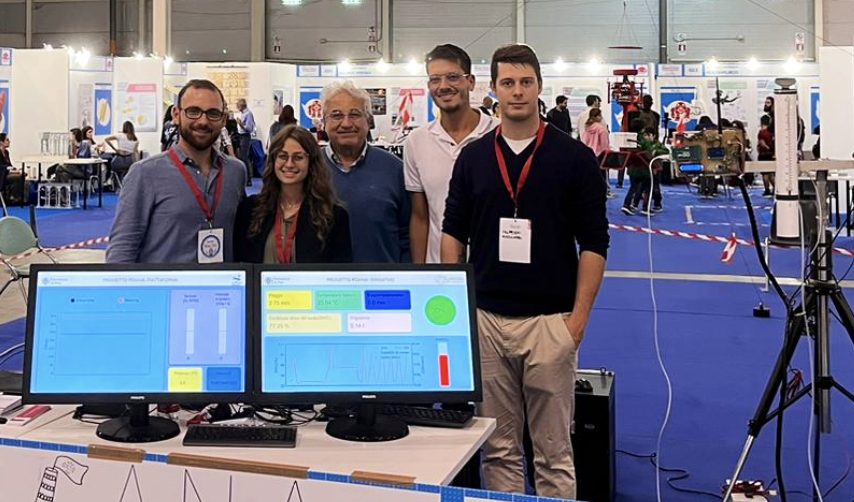
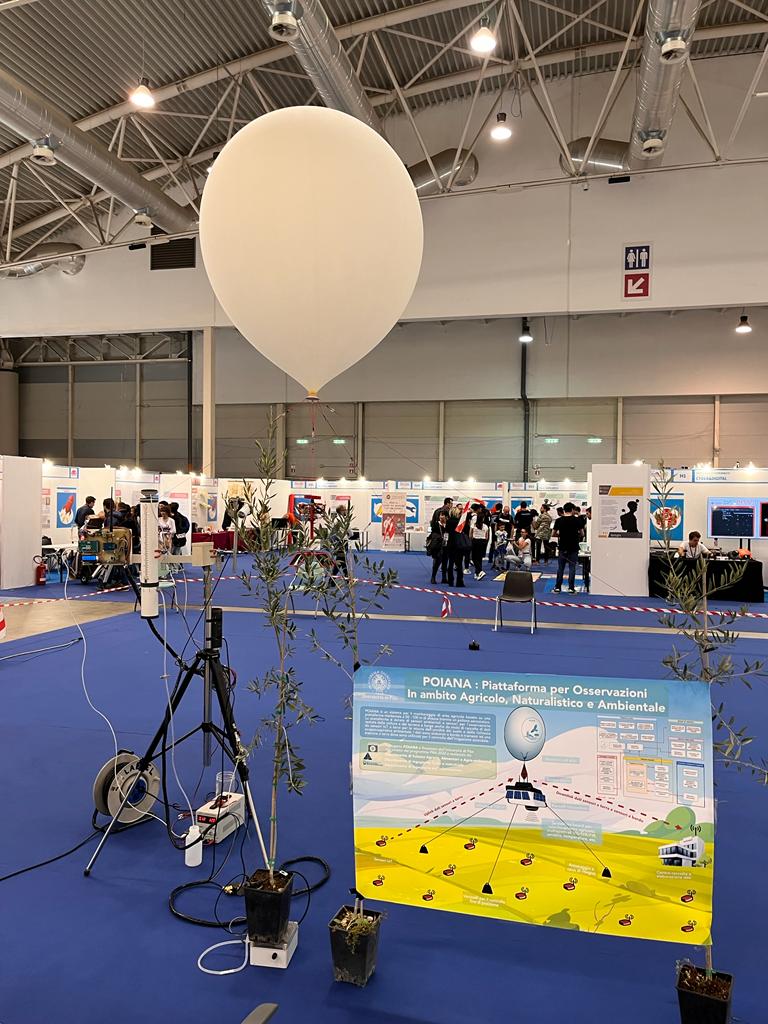
» SpaceLab presents The ECAPS project at the European Space Power Conference –
What a wonderful occasion to share our first results in flying ECAPS, our solar cell stratospheric testing facility. We resented our poster in Elche, Spain, on 2-4 October 2023. Stay tuned for our next flights and reach out for flight opportunities with ECAPS!
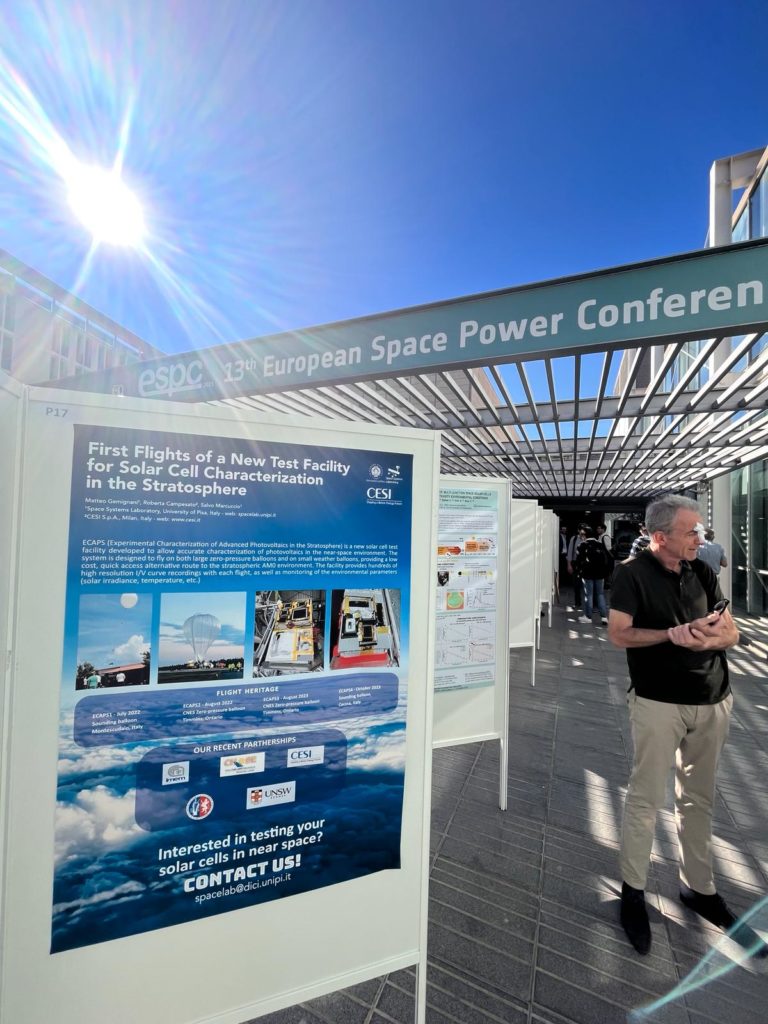
» ESA Cubesat Industry Days! –
 We took part into this amazing occasion to meet the European Cubesat developers and industry players! We presented our EXCITE mission for In-Orbit-Demonstration of Cubesat technologies in the beautiful setting of Leiden, Netherlands.
We took part into this amazing occasion to meet the European Cubesat developers and industry players! We presented our EXCITE mission for In-Orbit-Demonstration of Cubesat technologies in the beautiful setting of Leiden, Netherlands.
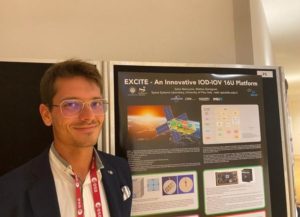
» UniPi SpaceLab at Earth Technology Expo –
The Space Systems Laboratory will take part as an exhibitor at the Earth Technology Expo in Florence, October 13-16.
» Night Flight for UniPiHAB 04 –
UniPiHAB 04 was our first nighttime flight. We flew a scientific payload, the MINLU stratospheric gondola developed by the Dept. of Industrial Engineering & CISAS “G. Colombo” of theUniversity of Padua. MINLU includes a number of optical instruments dedicated to the measurement of light pollution in the nocturnal sky. The mission was a success, both scientifically and operationally. We learned a lot on the effects of sun heating (or lack thereof) on balloon dynamics.
» HAB altitude control tested indoors –
The first Balloon Altitude Control System (BACS) prototype has been successfully demonstrated indoors in a week-long series of tests, delivering a large quantity of important experimental data. BACS functionality is now proven in tethered flight at 3 m altitude (!) and the system is ready for flight testing at 30+ km. Many thanks to the colleagues of the Aerospace Structures Lab for lending us the workshop space!
» UniPIHAB 03 flies succesfully! –
UniPiHAB03 was launched at 12:15 on Saturday, March 20, from Lajatico (PI). The balloon lifted a payload of 4 kg up to 33750 m in the stratosphere. Experiments onboard included a custom-built solar power system with terrestrial photovoltaic cells, a telemetry system based on LoRa, and inertial sensors for determination of attitude and acceleration of the payload gondola. Later in the day, the experimental package was retrieved in good conditions in a mountain zone close to Cortona, at the border between Tuscany and Umbria.
